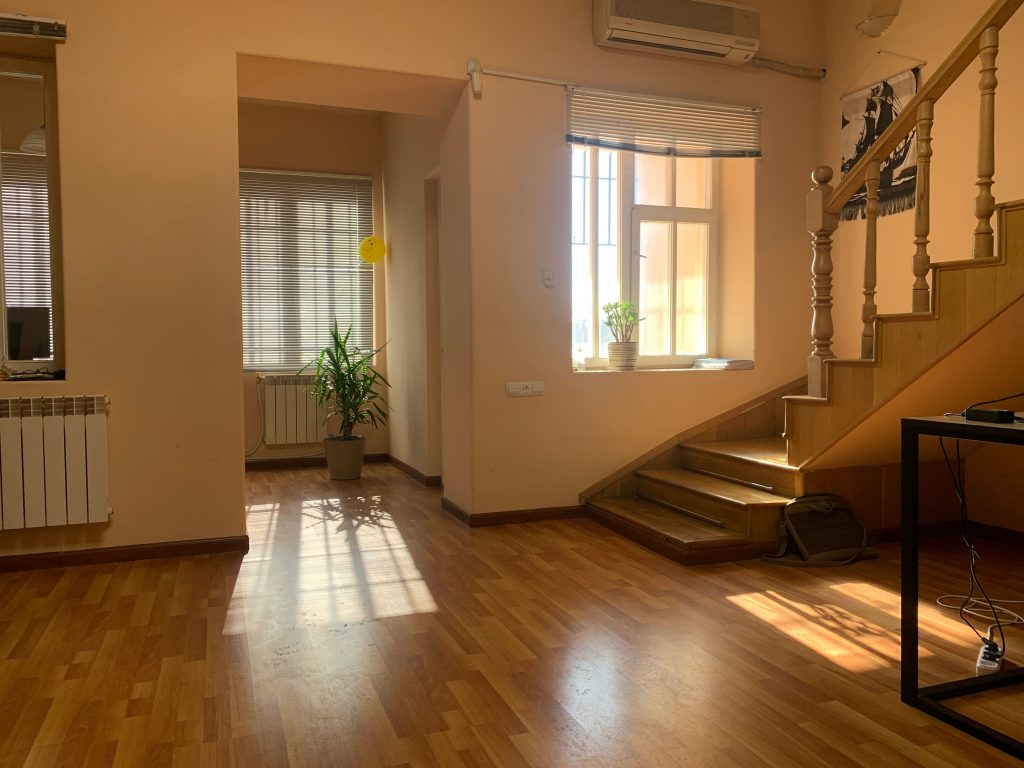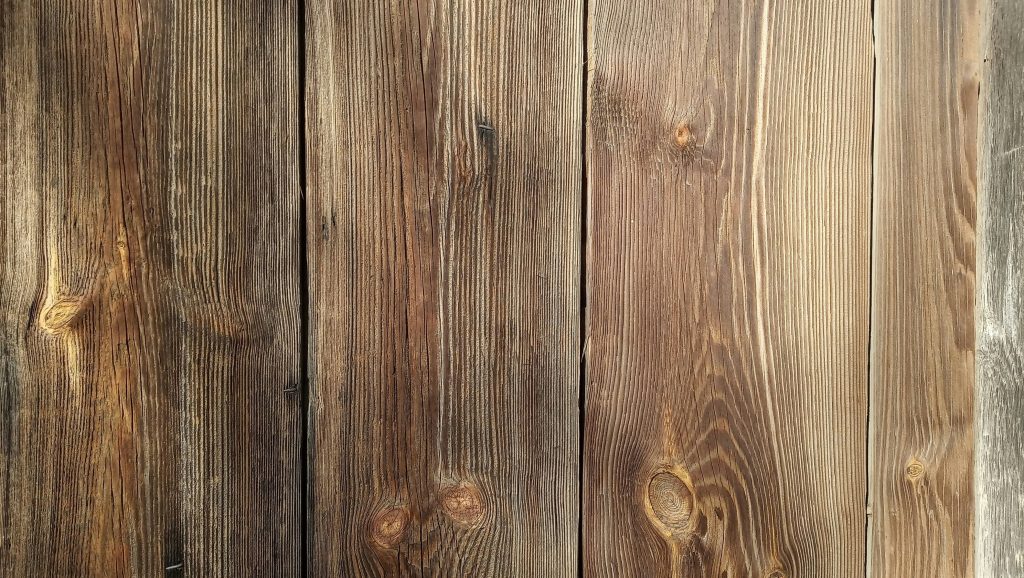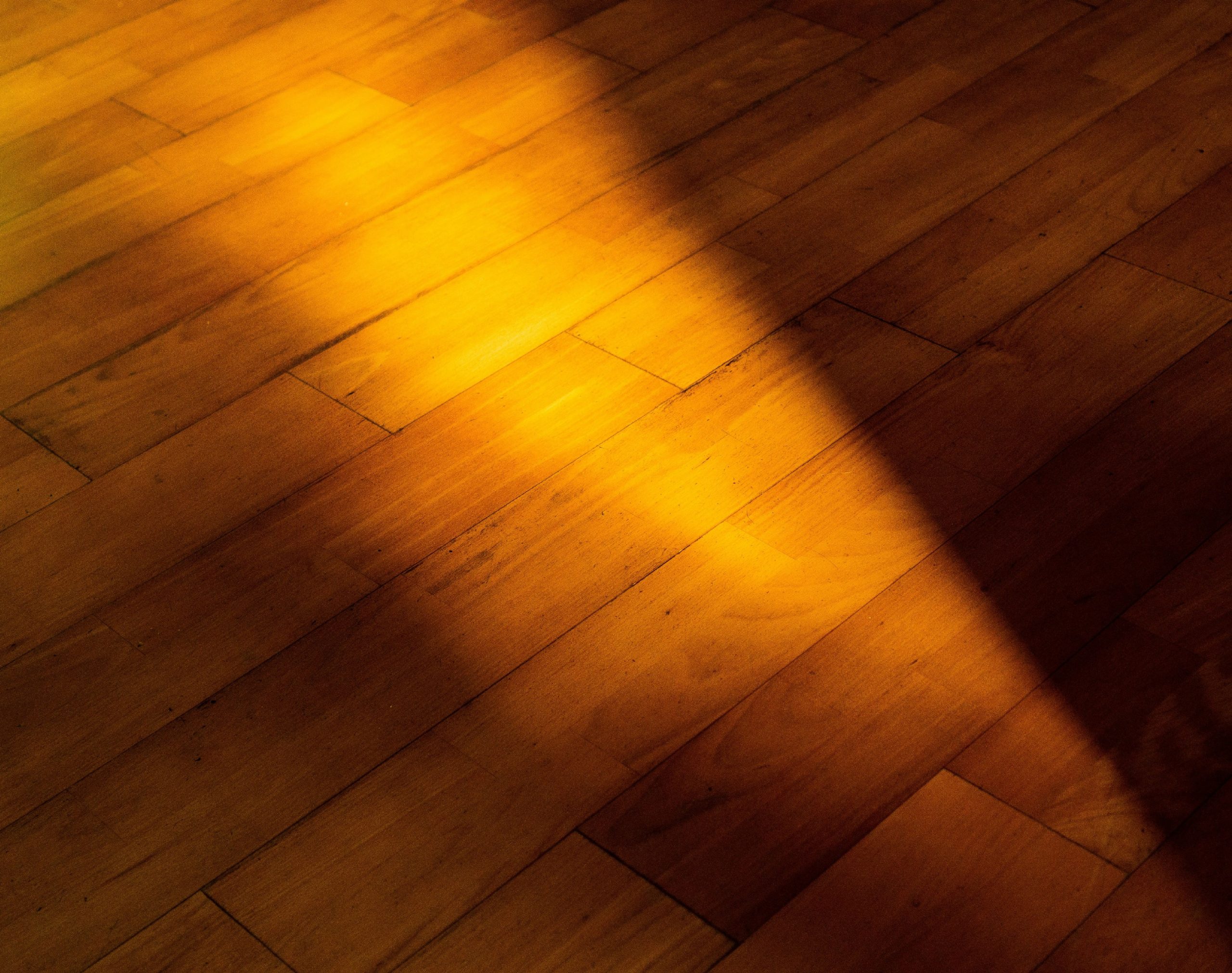Everything You Need To Know About Non-Toxic Wood Floor Sealers and Finishes
Step into a world where your hardwood floors receive the royal treatment they deserve without compromising your health or the environment.
Say hello to non-toxic hardwood floor sealers! These remarkable products offer a breath of fresh air, banishing harmful chemicals and embracing eco-friendly solutions.
With every application, you are not only sealing floors, you are sealing a promise of protection and sustainability.
Why settle for anything less than the best for your floors? Use Planet Ark’s non-toxic wood floor sealers and let your floors shine brighter, naturally.
Want to know more? Read on!
Non-Toxic Flooring in a Nutshell
Non-toxic hardwood floor sealers are innovative solutions to protect and enhance the beauty of hardwood floors without compromising on health or environmental safety. Formulated with eco-friendly ingredients, these sealers are free from harmful chemicals like benzene, formaldehyde, and volatile organic compounds (VOCs).
Non-toxic wood floor sealers come in several formulations to suit different preferences. Some offer a matte finish while others provide a glossy finish to add an aesthetic appeal. All sealers are suitable for residential and commercial applications, offering versatility across a range of floors.
Benefits of Using Non-Toxic Wood Sealers
Using non-toxic hardwood floor sealer offers several advantages for both health and the environment:
- Healthier Indoor Environment—Non-toxic wood finishes are free from harmful chemicals, promoting indoor air quality and reducing the risk of headaches and respiratory issues.
- Safer Application Process—These finishes are safer to use during application, minimizing the risk of skin irritation.
- Environment Sustainability—Non-toxic wood finishes have a lower environmental impact since they are derived from natural and renewable sources, such as plant oils, waxes, and resins. Non-toxic floor sealers also prevent air pollution and protect the ozone layer.
Types of Non-Toxic Flooring Sealers

Choosing the right non-toxic hardwood floor sealer depends on factors such as the type of wood, desired finish, and environmental considerations. Check out the table below for the basic types of non-toxic flooring sealers:
| Type of Non-Toxic Flooring Sealer | Description |
| Plant-Based Sealer | Made from natural oils extracted from plants like linseed, tung, or soybean, these sealers penetrate the wood to provide deep protection. |
| Water-Based Sealer | Water-based sealers are low in VOCs and emit minimal odor during application. Formulated with water as the primary solvent, they dry quickly and are easy to clean up. |
| Wax Sealer | Wax sealers are made from natural beeswax or carnauba wax, offering a warm, natural finish. They may require frequent maintenance and reapplication. |
| Shellac Sealer | Shellac sealers are derived from the resin secreted by the lac bug. These finishes are natural and offer excellent adhesion. Shellac sealers are primarily used as a primer before applying other finishes. |
| Polyurethane Sealer | While traditional polyurethane sealers contain harmful chemicals, you can opt for a non-toxic version. They provide durable protection and a clear finish. |
What To Consider When Choosing a Non-Toxic Floor Finish

When selecting a non-toxic floor sealer, you should consider the following factors:
- Ingredients: Check the list of ingredients to ensure the finish is truly non-toxic and free from harmful chemicals. Look for finishes made from natural and renewable materials.
- VOC Content: Opt for finishes with low or zero VOC content to minimize emissions of harmful fumes into the indoor air. This will contribute to better indoor air quality and reduce health risks associated with respiratory problems and allergies.
- Application Method: Consider the ease of application and whether the finish requires specific equipment or professional expertise. Choose a finish that suits your DIY skills, whether it’s a simple brush-on application or a more complex process like buffing or spraying.
- Durability: Evaluate the durability of the finish to ensure it provides long-lasting protection against moisture, stains, and wear.
- Aesthetic Appeal: Consider the desired appearance of your floors and whether you prefer a matte, satin, or glossy finish. Some non-toxic finishes may enhance the natural color and grain of the wood, while others provide a transparent coating.
- Maintenance Requirements: Assess the maintenance needs of the finish, including cleaning methods and frequency of reapplication. Choose a finish that is easy to maintain and requires minimal effort.
- Environmental Impact: Take into account the impact of the sealer, considering factors such as sustainability, biodegradability, and renewable resources.
How To Apply Hardwood Floor Sealer
Before applying your non-toxic wood floor sealer, prepare the wood surface. Here are the steps you need to follow:
- Clean your hardwood floor thoroughly to remove dust, dirt, and residues.
- Dampen a mob with a mild cleaning solution and wipe the floor to remove grease and grime.
- Inspect the floor for any scratches or uneven areas.
- Sand down rough spots with fine-grit sandpaper and fill any gaps with wood filler.
Once you have prepped the surface, use a brush, roller, or applicator pad to apply the hardwood floor sealer evenly in long strokes, following the wood grain. Overlap each stroke lightly to ensure uniform coverage and allow adequate drying time between coats.
After drying, apply a top coat to add durability and sheen to your floor.
Planet Ark Has the Best Non-Toxic Wood Floor Finish

Step into a world where your floors gleam with health and sustainability with Planet Ark’s groundbreaking hardwood floor sealer and floor care products.
Picture this: a floor that shines with natural beauty and boasts a sealant that’s gentle on your family’s well-being and the planet.
With Planet Ark, you are protecting your floors and making a conscious choice for a healthier environment.
Say goodbye to harsh chemicals and hello to a safe and efficient finish. Trust Planet Ark to give your floors the care they deserve while championing a greener tomorrow, one step at a time.
FAQs
Can I leave my wood floors untreated?
You can leave your hardwood floors untreated, but it comes with consideration. The flooring is more vulnerable to moisture, stains, and wear. You might have to spend more money maintaining it to preserve its appearance.
High humidity levels and spilled drinks will cause the wood to swell or warp, reducing its lifespan. Untreated hardwood floors are more likely to be infested with termites, bugs, and mold.
Does waterproofing my wood floors help?
Waterproofing hardwood floors protects it against moisture damage and extends its lifespan. A waterproof sealant creates a barrier that prevents moisture from seeping into the wood, reducing the risk of warping, swelling, and rotting. This is useful in high-humidity areas such as kitchens, bathrooms, and basements.
Can all hardwood floors be sealed?
While you can seal most hardwood floors, not all are suitable for sealing, depending on their condition and type of wood. Generally, you can seal solid and engineered hardwood floors with a thick wear layer. However, if your flooring has excessive damage, deep scratches, or uneven surfaces, it might affect the efficiency of the sealing process.
Does sealing change the color of the wood floors?
Clear or natural sealants do not alter wood flooring colors—they enhance the wood’s grain without adding tint.
Oil or water-based finishes may add a slightly yellow or amber hue to the wood, especially with multiple coats.
Pigmented or colored sealants intentionally change the wood’s color, providing options to customize the floor’s appearance.

